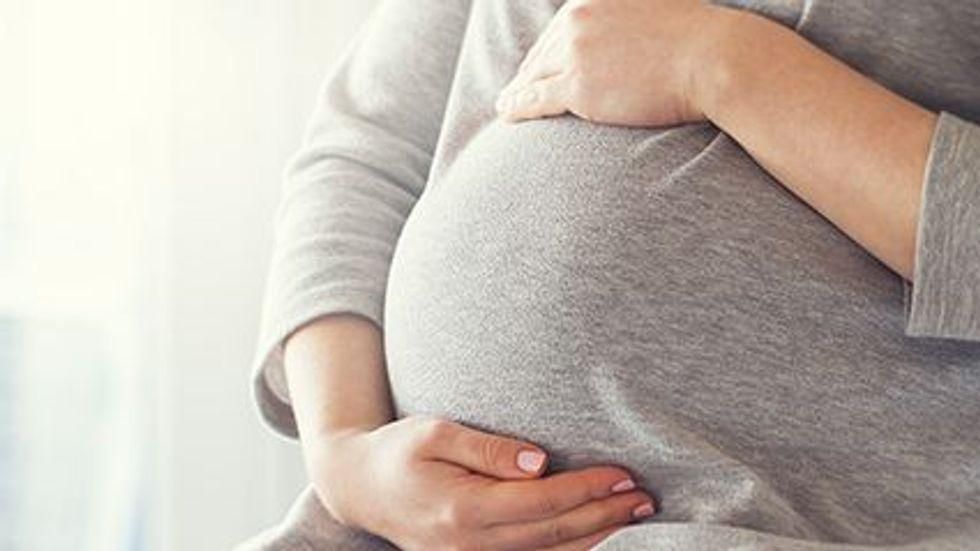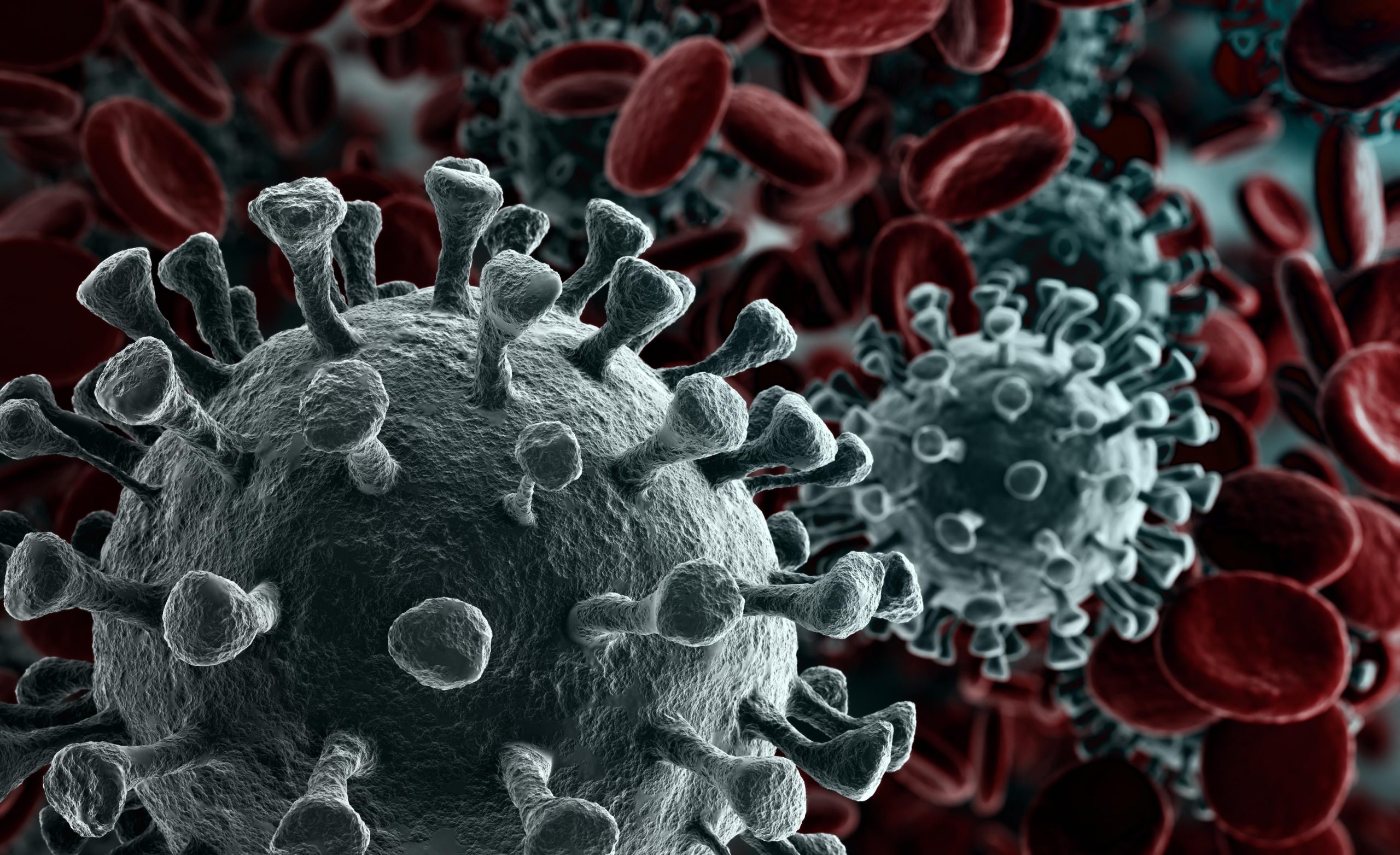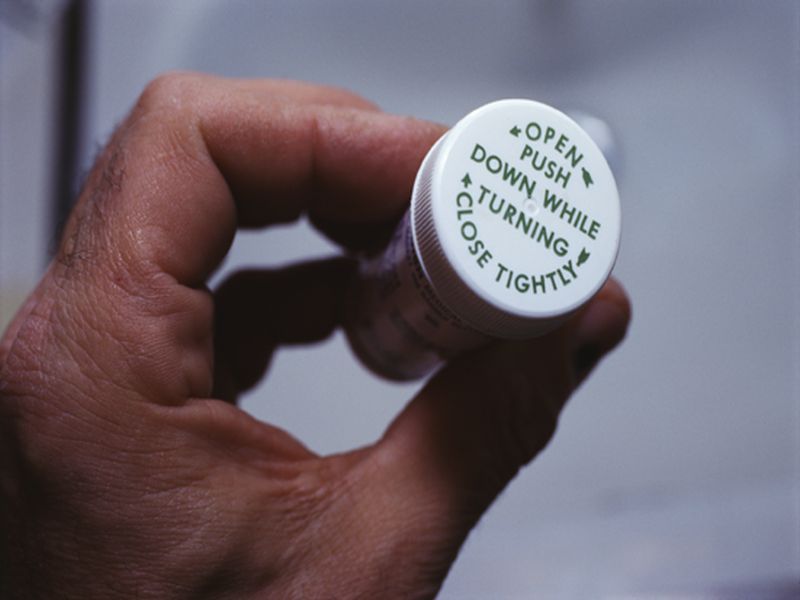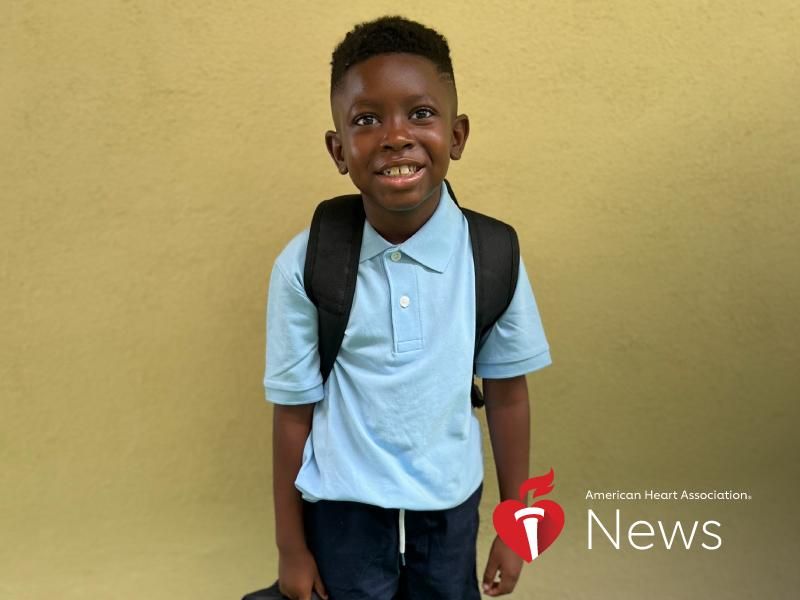
It’s not high blood pressure, hemorrhage or sepsis that is more likely to kill pregnant women — it’s their husbands and boyfriends. Homicide is a leading cause of death in pregnant women in the United States, and the risk is growing, researchers warned in a new study published Oct. 19 in the BMJ. It’s “a… read on > read on >






























